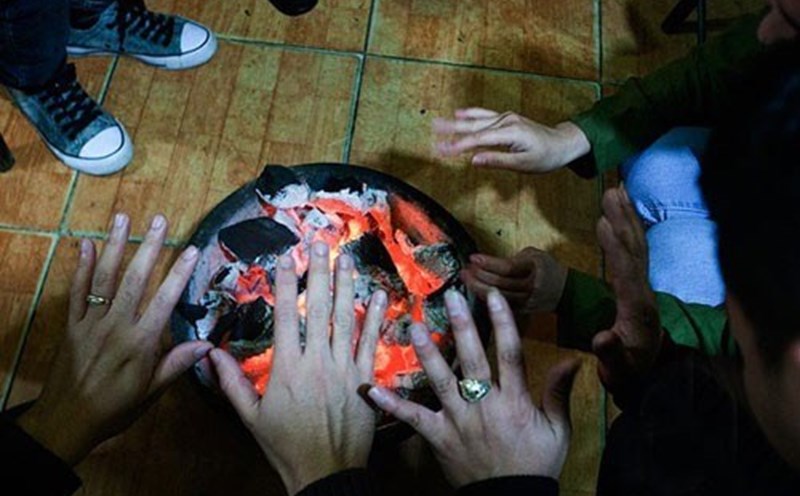As winter approaches and temperatures drop, using a heating pad can help keep you warm, but it can also pose health risks if used incorrectly, says dermatologist Dr. Rajeev Agarwal, of Delhi, India. Here are the risks and how to use them safely.
Burns and skin irritation: Prolonged heat exposure can cause skin damage, especially for people with sensitive skin or diabetes.
Overheating and Dehydration: Excessive heat can cause sweating and dehydration, affecting sleep and the body's natural physiological functions.
Fluctuations in body temperature: Outside temperatures can disrupt the body's natural temperature regulation, causing sleep disturbances.
Heat dependence: Using a heating pad too often can become a habit, making it difficult for the user to sleep without heat.
Ab Igne Erythema: Prolonged heat exposure can cause reticular pigmentation, leaving permanent dark spots on the skin.
Dermatological risk: Long-term high temperatures may increase the risk of Bowen's disease, squamous cell carcinoma (SCC), and Merkel cell carcinoma.
How to use heating pads safely
To use heating pads safely and minimize health risks, you can refer to the following notes, said expert Dr. Rajeev Agarwal.
Usage time limit: Do not leave the heating pad under your body for more than 20 minutes at a time.
Use a protective layer of fabric: Place a thin layer of fabric between your skin and the heating pad to reduce the direct impact of heat on your skin.
Temperature adjustment: Make sure the temperature of the heating pad is not too high, and moderate temperature is enough to warm up.
Rest time between uses: Allow skin time to cool before reapplying heat.
Drink enough water: Provide enough water for the body before and after using the heating pad to help maintain the water balance in the body.
In short, although heating pads can help you feel comfortable on cold nights, to ensure your health and safety, you need to follow the instructions carefully.









